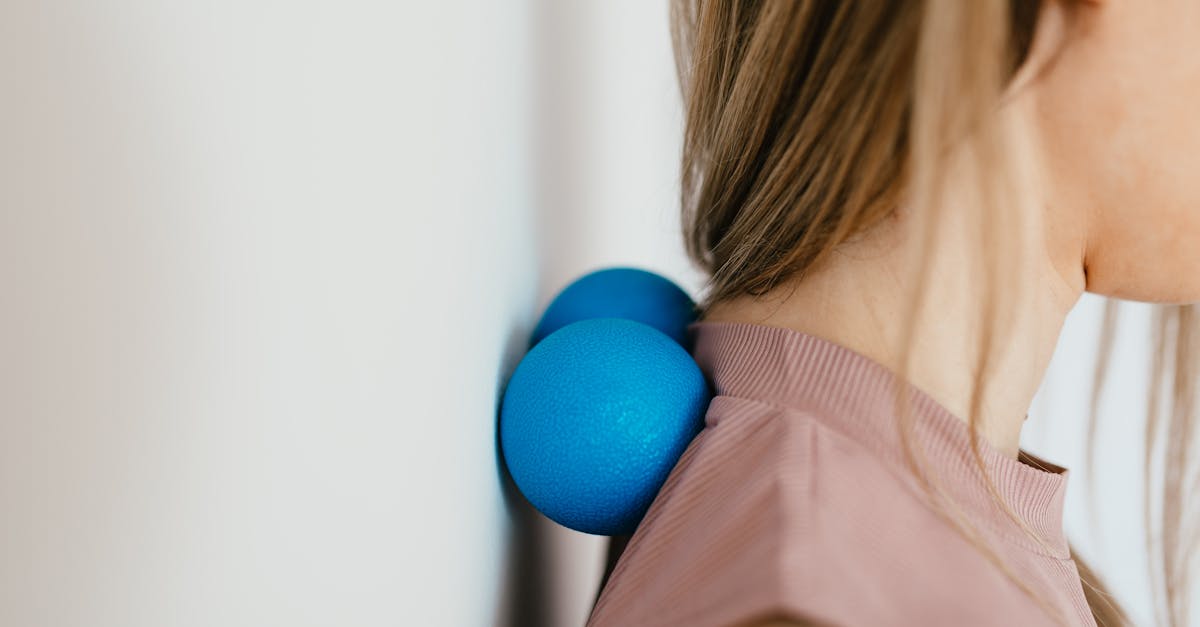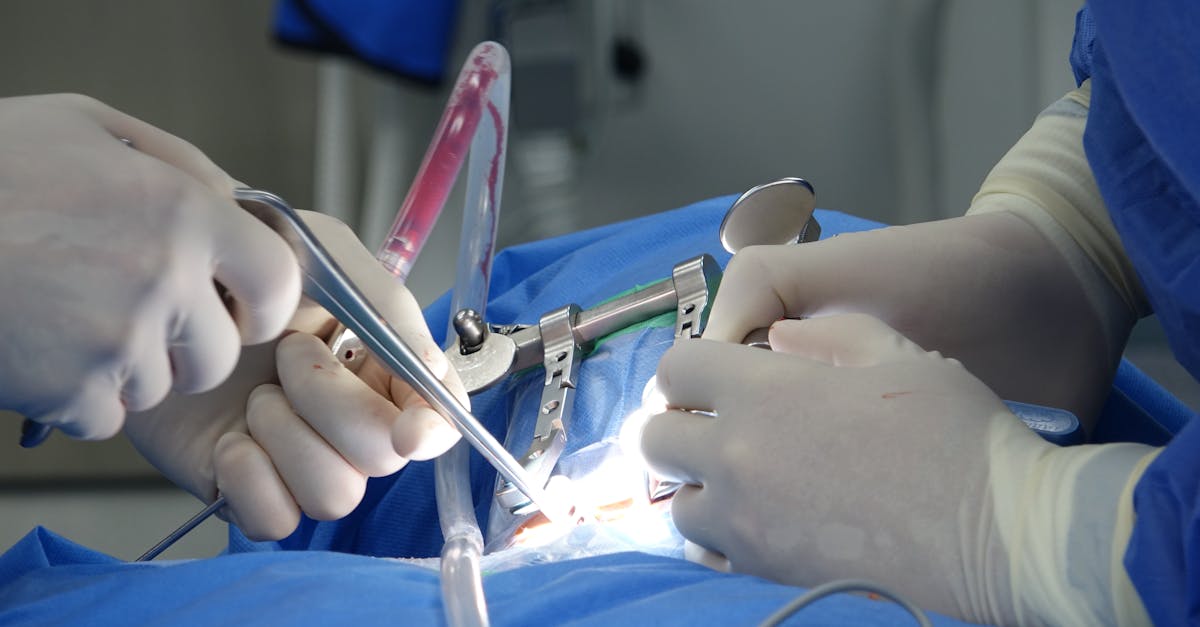Do you frequently find yourself waking up with a headache, wondering why your mornings begin with discomfort instead of refreshment? The experience of waking up with a headache is not uncommon, and various factors can contribute to this morning’s malaise. In this comprehensive blog, we’ll delve into the potential causes of waking up with a headache, exploring both common and lesser-known triggers. Moreover, we’ll introduce an innovative approach, Pulse Align, that focuses on addressing root causes rather than merely alleviating symptoms.
Understanding the Factors Behind Waking Up with a Headache
Poor Sleep Quality and Sleep Disorders
The foundation of waking up with a headache often lies in the quality of sleep. Factors such as sleep apnea, insomnia, or restless leg syndrome can disrupt a restful night’s sleep, leading to morning headaches. Creating a conducive sleep environment and maintaining a consistent sleep schedule are crucial steps in combating these issues.
A study found a significant correlation between poor sleep quality and morning headaches. Participants who reported better sleep hygiene experienced a reduction in headache frequency.
Dehydration
Inadequate hydration can contribute to headaches, especially upon waking. During the night, the body loses water through respiration and sweat. Consuming sufficient water throughout the day and having a glass before bedtime can help prevent dehydration-related headaches.
Ensuring proper hydration can be a simple yet effective strategy for headache prevention.
Caffeine Withdrawal
For many, caffeine is a morning ritual. However, skipping your regular cup of coffee can lead to withdrawal headaches. Gradually reducing caffeine intake or maintaining consistent consumption patterns can help mitigate this issue.
The gradual reduction in caffeine intake was found to be an effective strategy to manage these symptoms.
Sleep Position and Pillow Choice
The way you sleep and the type of pillow you use can impact your spinal alignment, potentially causing tension headaches. Ensuring proper neck support and experimenting with different sleep positions may alleviate this type of morning discomfort.
Bruxism (Teeth Grinding)
Grinding your teeth during sleep, known as bruxism, can lead to morning headaches. Addressing stress and anxiety through relaxation techniques or using a dental guard can help manage this issue.
Pulse Align in Understanding Waking Up with a Headache
Understanding that conventional approaches may not always address the root causes of morning headaches, Pulse Align offers a unique perspective. Pulse Align is not positioned as a direct solution but as a complementary method focusing on holistic well-being.
The Pulse Align Concept
Pulse Align emphasizes the importance of addressing underlying issues rather than merely suppressing symptoms. It recognizes that headaches are often manifestations of deeper imbalances within the body and seeks to restore equilibrium through natural means.
Addressing Root Causes
Instead of targeting the headache itself, Pulse Align explores the potential root causes, such as stress, hormonal imbalances, or poor circulation. By identifying and addressing these underlying issues, Pulse Align aims to provide long-term relief.
Complementary Approach
Pulse Align does not claim to be a standalone solution for morning headaches. It is intended to complement existing healthcare practices and lifestyle changes, fostering a holistic approach to well-being. Through alignment techniques, it strives to enhance the body’s natural ability to heal and function optimally.
The Benefits of Pulse Align
Stress Reduction
Stress is a common contributor to morning headaches. Pulse Align incorporates relaxation techniques and mindfulness practices to reduce stress levels, promoting a night of more peaceful sleep and, consequently, headache relief.
Improved Sleep Quality
Pulse Align recognizes the importance of quality sleep in overall well-being. By addressing factors like stress and sleep posture, it aims to enhance sleep quality, reducing the likelihood of waking up with a headache.
Enhanced Circulation
Poor circulation can contribute to headaches. Pulse Align includes methods to improve blood flow and oxygenation, supporting overall vascular health and potentially alleviating morning headaches.
Encouraging Lifestyle Changes and Exploring Pulse Align
Consider making lifestyle changes that align with optimal well-being. This may include improving sleep hygiene, staying hydrated, managing stress, and incorporating relaxation techniques. For those seeking a complementary approach, exploring Pulse Align may be a valuable step. Emphasize that it is not a cure-all but a holistic method that, when combined with other healthy practices, may contribute to improved well-being and a natural return to normal function.
Conclusion
Waking up with a headache can be a frustrating and debilitating experience. By understanding the diverse factors that contribute to morning headaches and exploring innovative approaches like Pulse Align, individuals can take proactive steps toward lasting relief. Remember, well-being is a multifaceted journey, and addressing root causes rather than symptoms is a key aspect of achieving long-term health. Consider making lifestyle changes and explore complementary methods like Pulse Align to pave the way for a more balanced and headache-free start to your mornings.
References
Alberti, A. (2006). Headache and sleep. Sleep medicine reviews, 10(6), 431-437.https://www.sciencedirect.com/science/article/abs/pii/S1087079206000220
Arca, K. N., & Halker Singh, R. B. (2021). Dehydration and headache. Current pain and headache reports, 25, 1-6.https://link.springer.com/article/10.1007/s11916-021-00966-z
As the visionary CEO of Pulse Align, François is dedicated to transforming the landscape of pain management and posture health. With a deep-rooted passion for innovation and a commitment to excellence, François leads the team in developing cutting-edge solutions that empower individuals to live healthier, pain-free lives. Under his leadership, Pulse Align has become a beacon of hope and support for those navigating postural-related issues and chronic pain. François brings a wealth of experience in neuromodulation and patient management technologies, combining strategic insight with a compassionate approach to address the unique challenges faced by each individual.




